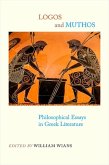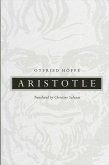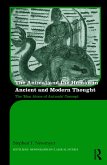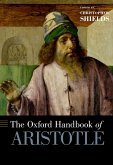In The Greek Concept of Nature, Gerard Naddaf utilizes historical, mythological, and linguistic perspectives to reconstruct the origin and evolution of the Greek concept of phusis. Usually translated as nature, phusis has been decisive both for the early history of philosophy and for its subsequent development. However, there is a considerable amount of controversy on what the earliest philosophers-Anaximander, Xenophanes, Pythagoras, Heraclitus, Parmenides, Empedocles, Anaxagoras, Leucippus, and Democritus-actually had in mind when they spoke of phusis or nature. Naddaf demonstrates that the fundamental and etymological meaning of the word refers to the whole process of birth to maturity. He argues that the use of phusis in the famous expression Peri phuseos or historia peri phuseos refers to the origin and the growth of the universe from beginning to end. Naddaf's bold and original theory for the genesis of Greek philosophy demonstrates that archaic and mythological schemes were at the origin of the philosophical representations, but also that cosmogony, anthropogony, and politogony were never totally separated in early Greek philosophy.
Dieser Download kann aus rechtlichen Gründen nur mit Rechnungsadresse in A, D ausgeliefert werden.









